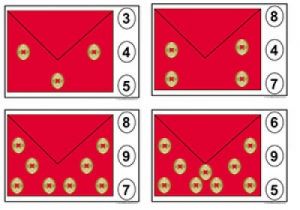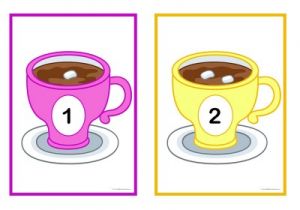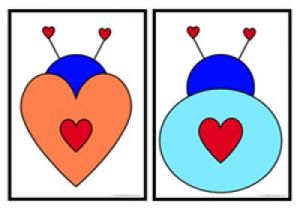

Supporting a toddler through moments of heightened emotion requires patience and thoughtful strategies. Here are some effective de-escalation techniques you can try. The following article provides information on De-escalation Strategies During A Tantrum, De-escalation Strategies During Separation Anxiety, De-escalation Strategies When A Toddler's Crying, De-escalation Strategies When A Toddler Hits. De-escalation When A Toddler Screams, De-escalation Strategies When A Toddler Bites and more.
Critical reflection is a powerful tool for understanding and addressing challenging behaviours in young children. Here are some reflective questions you might consider when analysing a child's behaviour. The following article provides information on: Reflective Question When Analysing A Child's Behaviour, Applying These Reflection Questions In Practice, Example in Practice, Example Of Reflection Questions In Action and more.
Supporting toddlers aged 2–3 years with challenging behaviors requires understanding their developmental stage and using strategies tailored to their needs. Here are some effective approaches:
Social Constructivist Theory in Early Childhood Education is a learning approach grounded in the idea that children actively construct knowledge through their social interactions and cultural experiences. Rather than viewing learning as an individual process of acquiring information, social constructivism emphasizes that children build understanding through communication, collaboration, and shared experiences. The following article provides information on Key Concepts, Applications In Early Childhood, Modern Relevance In Childcare and more.
Behaviourism is a learning theory developed by psychologists B.F. Skinner and John Watson, focusing on how behavior is shaped through reinforcement. It is based on the idea that children learn through stimulus-response interactions, where positive and negative reinforcement influence behaviours. The following article provides information on Key Concepts, Applications In Early Childhood, Modern Relevance In Childcare and more.
Supporting a toddler with challenging behavior requires a combination of strategies and resources tailored to their developmental stage. The following article provides information on Strategies To Support Toddlers With Challenging Behaviour, Positive Reinforcement For Toddlers, Teaching Emotional Regulations To Toddlers and more.
Some children find it difficult to process the information received from their senses. Those who feel sensory inputs too intensely – like colours appearing excessively bright or fruits tasting too grainy – can become sensory sensitive or sensory avoidant. The following article provides calm-down strategies for over-responsive children that you can use within the learning environment.
Anxiety is one of the most common reasons why children don’t want to leave home and their families. If not addressed at the right time, it can worsen into a debilitating condition, seriously affecting learning too. The following article provides information on identifying and supporting children with anxiety.
Behaviour management can be challenging sometimes, with energetic toddlers and young children eager to explore their physical and social environment. The following article provides positive guidance strategies and is how Educators can implement them within the learning environment.

These Red Envelope Money Counting Set 1 to 10 enable children to count the coins...
View Worksheet...
Hot Chocolate Marshmallow Count is a fun "winter theme" counting activity that children can do...
View Worksheet...
The Love Bug Shapes enables children to match the corresponding shape onto the correct Love...
View Worksheet...© 2009-2025 Aussie Childcare Network Pty Ltd. All Rights Reserved.
